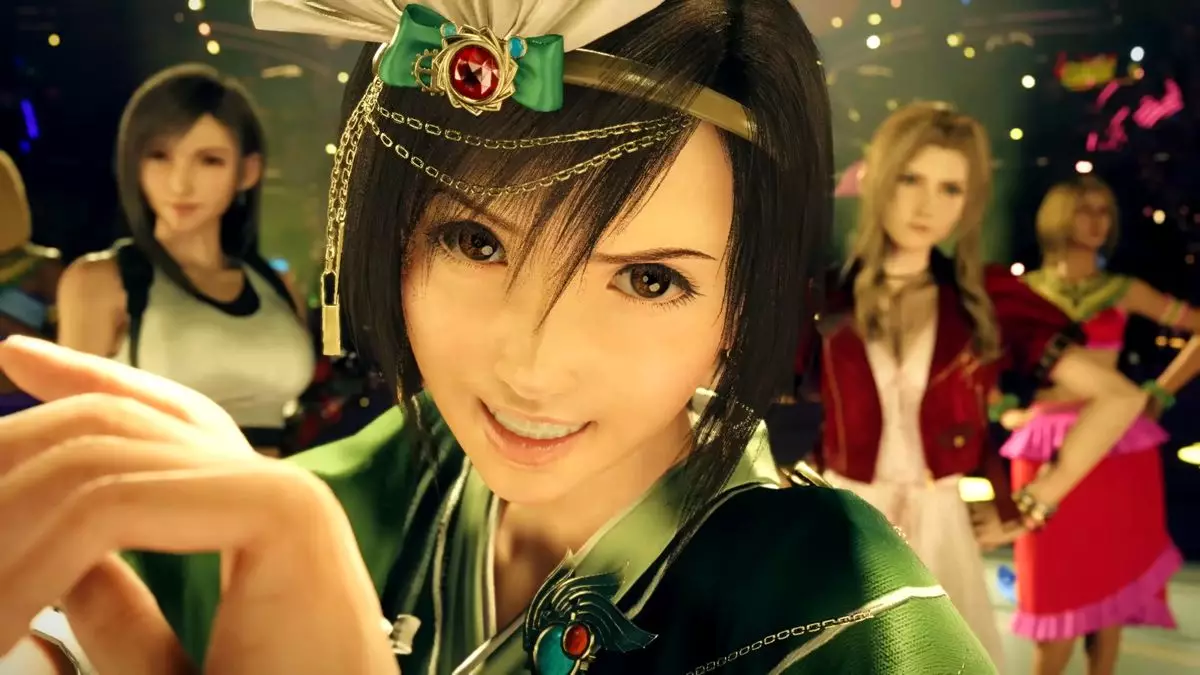In a candid conversation with GamesRadar+, Naoki Hamaguchi, the director behind the highly anticipated Final Fantasy 7 Rebirth, expressed a desire to make the iconic RPG more accessible to a wider audience. With the game currently tied to the PlayStation 5, Hamaguchi’s remarks signal a potential shift in strategy that aims to embrace a more inclusive gaming environment. Highlighting his intention, he stated, “I want to bring Final Fantasy 7 and the Remake series to as many players as possible.” This statement resonates strongly, particularly in an industry that has increasingly moved towards the idea of shared experiences across multiple platforms.
Hamaguchi’s comments shed light on a significant trend that is reshaping the gaming landscape. As game developers and publishers recognize the diversification of platforms that players utilize, the need to cater to a broader demographic has become apparent. Square Enix, the publisher behind Final Fantasy, has already begun exploring this concept by announcing plans for other titles, like Octopath Traveler, to transcend their initial platform limitations. This indicates a willingness to adapt and change with the times, as Hamaguchi notes that the gaming industry today thrives on a multitude of systems rather than relying solely on a single platform.
With the gaming community more fragmented than ever, the ability to reach players across different platforms can significantly enhance a title’s success. Hamaguchi reflects on the historical context of game releases, where exclusivity to a single platform often dictated player engagement. As this model continues to evolve, the implications for franchises as beloved as Final Fantasy become increasingly profound.
Traditionally, console exclusivity meant that titles could command a significant player base within that ecosystem. However, Hamaguchi acknowledges that the gaming market has undoubtedly shifted, leading to a diversification in player preferences. This adaptive mindset aligns with broader industry trends that favor multiplatform release strategies, indicating that Square Enix may be positioning itself to not only keep up with this change but also thrive within it.
Moreover, Hamaguchi’s personal perspective as an Xbox owner adds an intriguing layer to his professional outlook. His admiration for various gaming platforms illustrates a crucial point: passionate gamers often appreciate the nuances of different systems. This acknowledgment might signal a strategic move that could encourage collaborations or adaptations that appeal to an even wider audience.
In essence, Naoki Hamaguchi’s vision for Final Fantasy 7 Rebirth reflects a critical turning point not just for the storied franchise, but for the gaming industry as a whole. As players increasingly demand accessibility and choice in how they engage with games, publishers, and developers face the challenge—and opportunity—of redefining exclusivity. By considering a multiplatform approach, Square Enix may not only enhance the reach of its titles but also foster a more inclusive gaming community that values diverse experiences. The evolution of Final Fantasy 7 could very well be emblematic of a broader movement toward unity in an ever-expanding digital playground.

